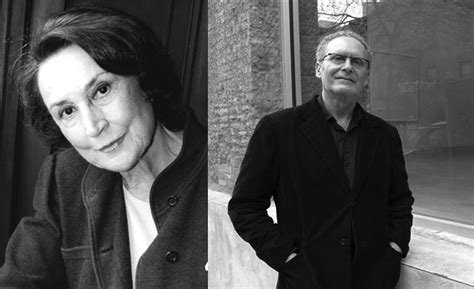A Quote by Curtis Hanson
So the city [Pittsburgh] was faced with that question of "What to do now?" because it can't turn back the clock and be what it once was. So thematically, it seemed like the perfect location for the movie. And then, it's a matter of how we get that feeling into the picture and make it a part of [Michael] Chabon's story.
Related Quotes
Looking back six years ago when I had just come from 'The Office' to 'The Mindy Project' and what I was trying to say back then. I feel like we don't revisit our younger idealistic selves, you just get in this pattern of churning these episodes out. Now I was like, "Let's try and get in my mind back then," because my life personally has changed so much, too. I just thought, "What was I trying to say? And now can I make it look like it was all part of one larger story."
I think all cinematographers, at least most of them, would love to do everything on location because you cannot cheat on location. It's there, it's part of the story usually. You have to deal with the elements. You have the sunshine, you have rain, you have fog - it really makes you work harder to try to match things during the day to make it look like it was shot within five minutes, movie time.
You have to be in California in order to write or direct movies. People say, "Oh, I'm gonna do it from Pittsburgh. I'm just gonna deliver scripts or fly out, like, once, then fly back." You have to make a full commitment. You have to actually get on a plane, come to L.A., rent a place, and live there. And that's how you forge your career. Not just sort of haphazardly. Once you've got a few hits under your belt, assuming you do, then go back and move away and correspond with the studio.
It goes back a long way. I wanted to make Tristan + Isolde as my second movie. My first movie was The Duellists. And I was standing in a very romantic part of France looking around me thinking, "My God, this would be perfect for Tristan," and to cut a long story short it never happened because I did Alien instead.
People should go to the works and experience them. Because just having an idea or picture in mind is absolutely not the experience that's necessary. Even just landing in Albuquerque or Salt Lake City or Las Vegas was immediately part of the experience. And then you'd get in a car from the airport and take these very long trips - in Michael Heizer's case, it was three hours by car to get to his work. And then there's walking around and into the piece and seeing it from different angles. The kinetic experience of being a part of it physically was very important for me.
It was about bringing integrity to everything I would do, no matter how small or large the part was. With every audition, I would bring that integrity, so if I didn't get the part it didn't matter to me, because I did the best job I could possibly do. I always walked away feeling like I accomplished something real, no matter what.
[Michael] Chabon, who is himself a brash and playful and ebullient genre-bender, writes about how our idea of what constitutes literary fiction is a very narrow idea that, world-historically, evolved over the last sixty or seventy years or so - that until the rise of that kind of third-person-limited, middle-aged-white-guy-experiencing-enlightenment story as in some way the epitome of literary fiction - before that all kinds of crazy things that we would now define as belonging to genre were part of the literary canon.
It really has been a blessing because you can go and look at our other movies we've done in a studio system. We didn't get to make the movie that we wanted to make. We made the movie that someone else wanted us to make. That can be a little disheartening, a lot disheartening. While there have been struggles, it doesn't matter which table you're at because you're going to have obstacles, but I kind of like being able to make the movie that you want to make.



































